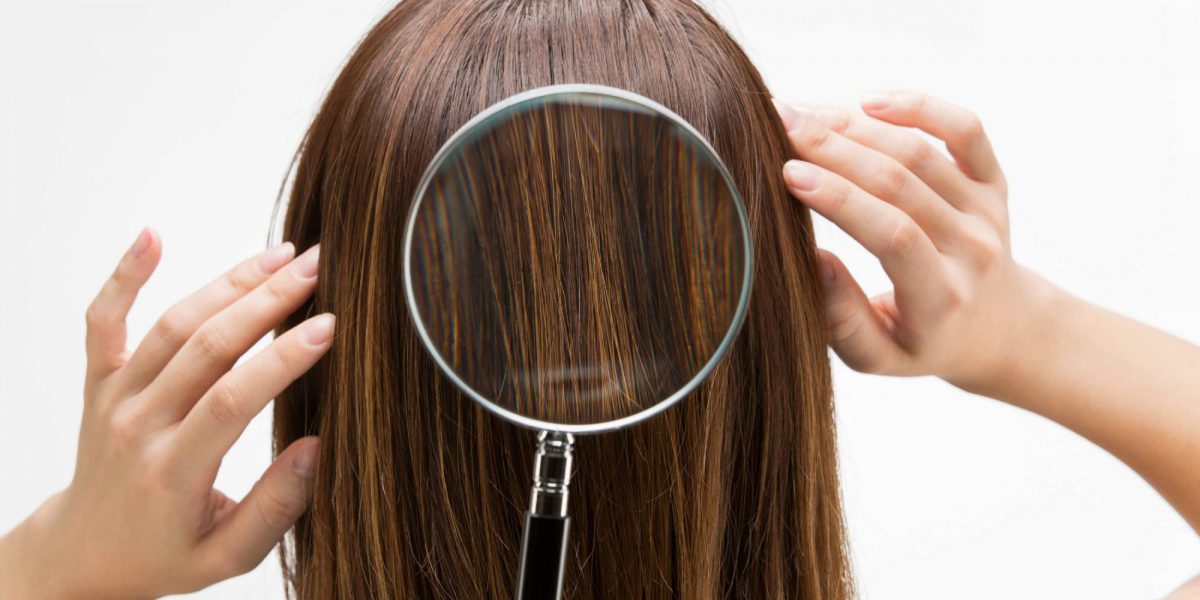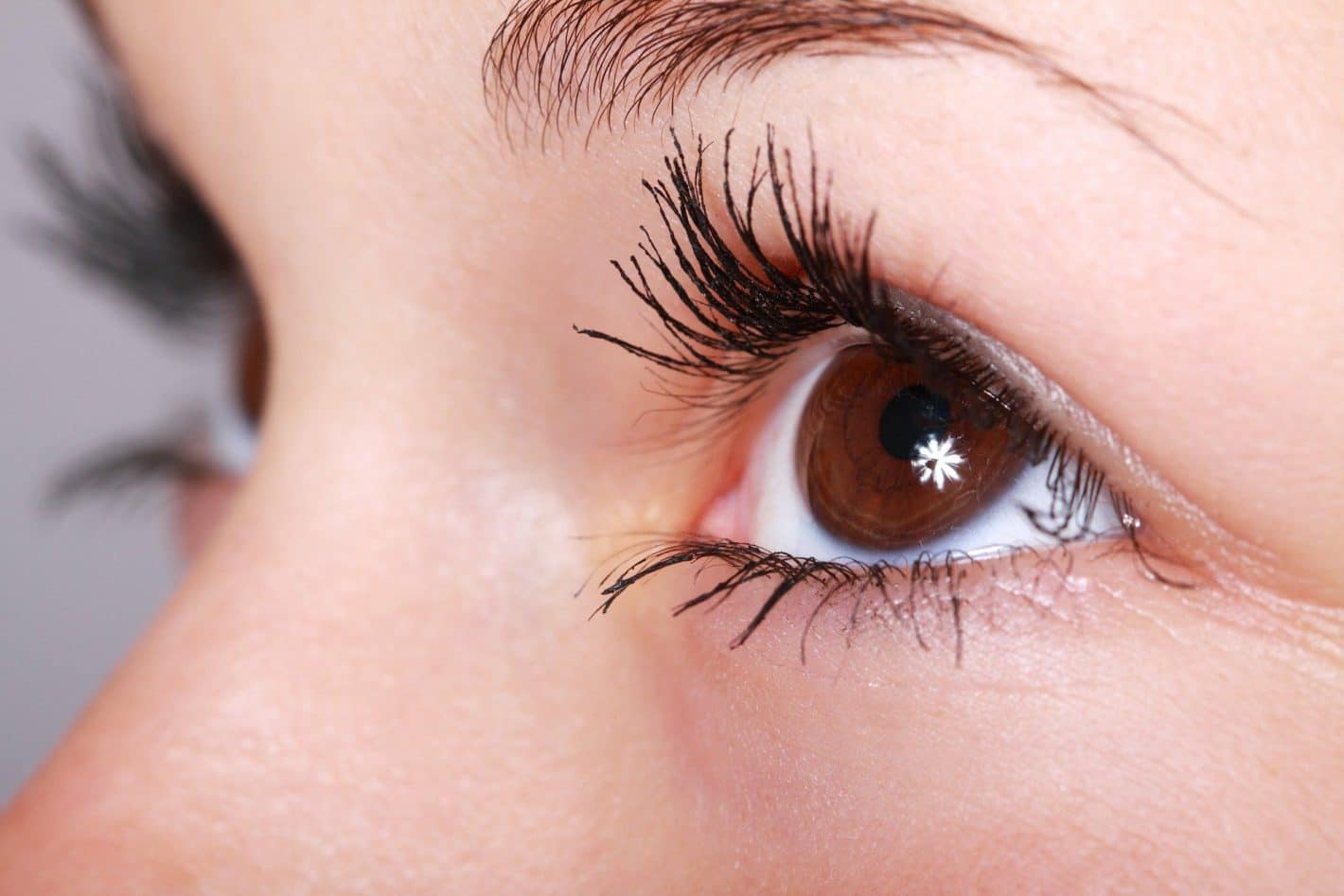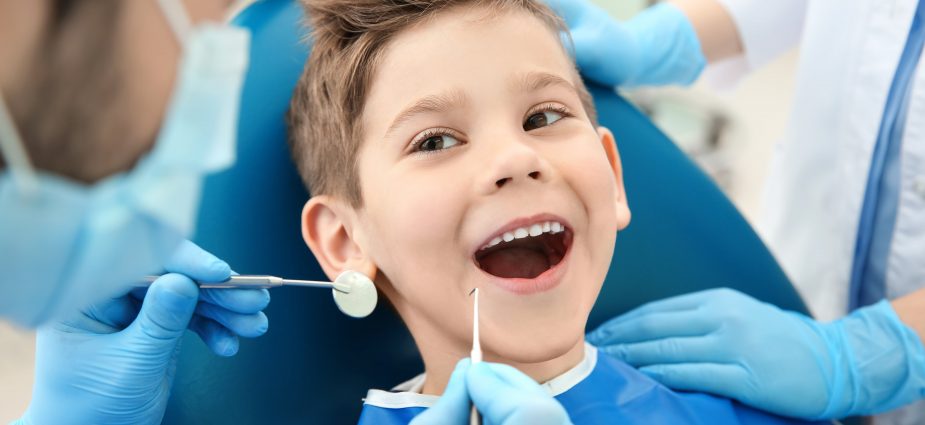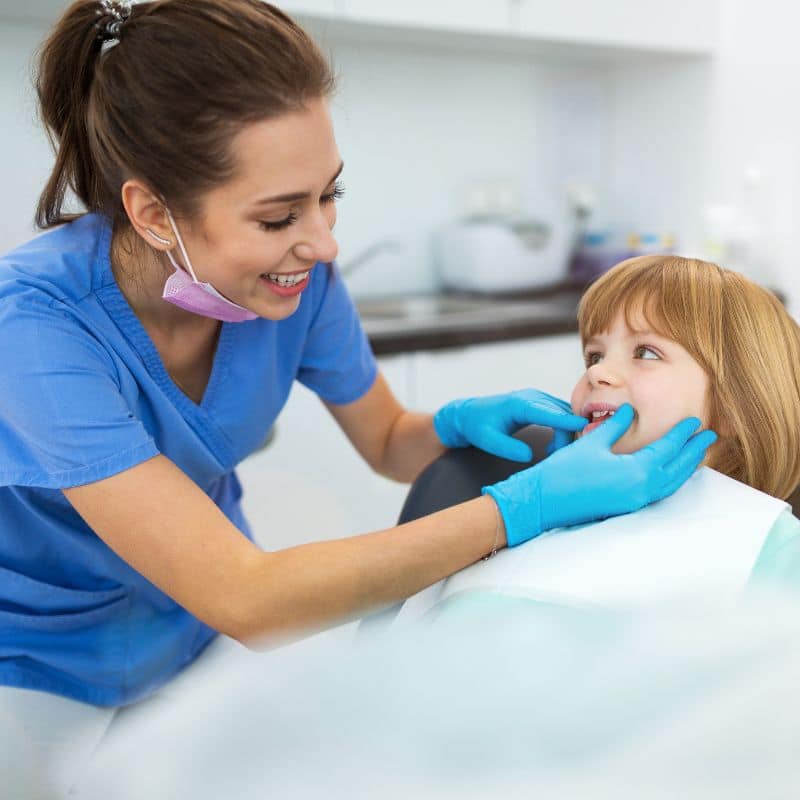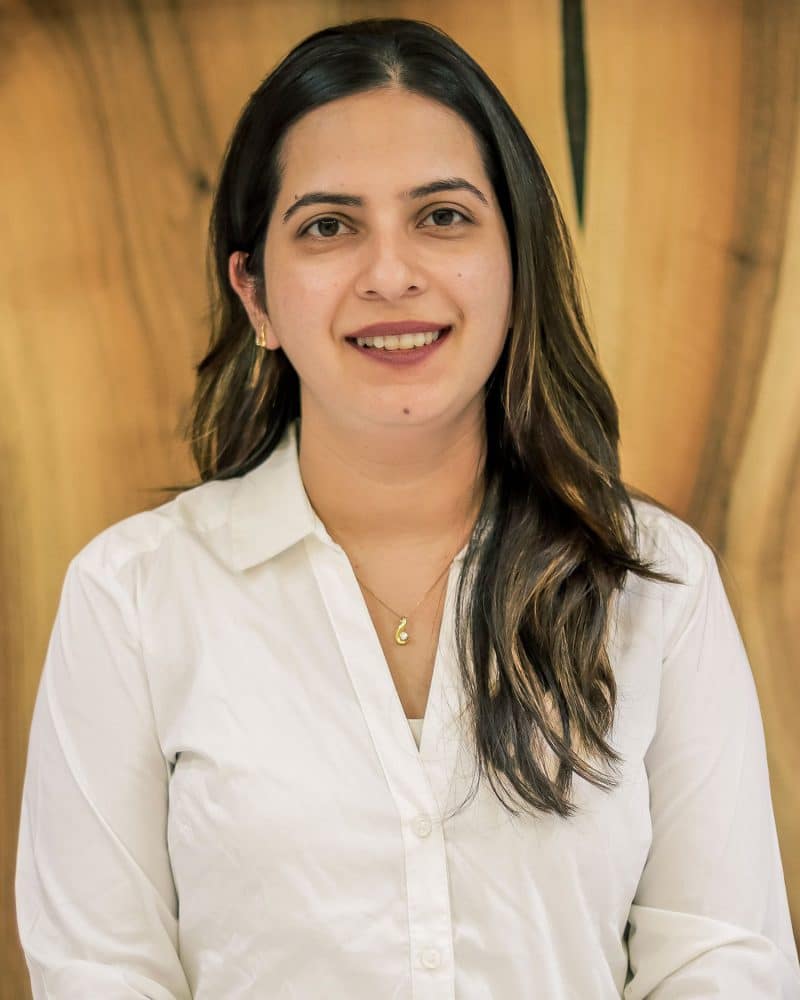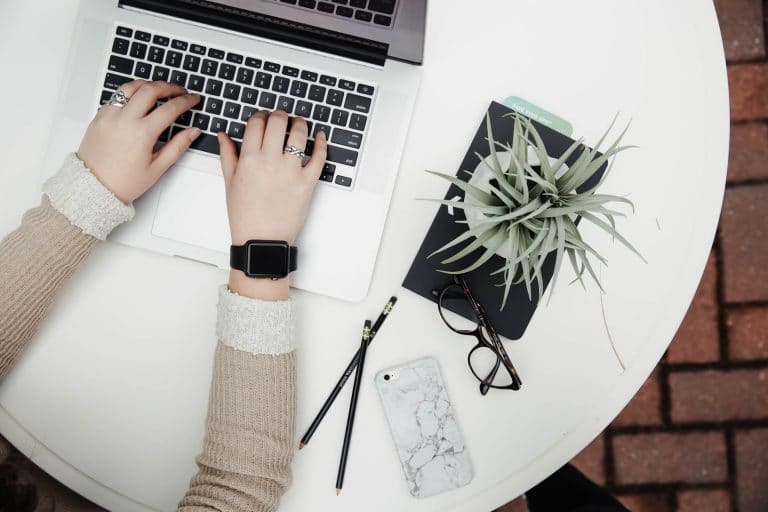Dental anxiety is a fear or phobia of visiting the dentist. It’s a very common problem, and it can be caused by several different things. For some people, it’s the fear of pain. Others may be afraid of needles or the drill.
Dental anxiety is a common problem, affecting many kids and adults. Dental anxiety is often severe enough to prevent people from getting necessary dental care.
What is Inhalation Sedation?
Inhalation sedation is a type of sedation that uses nitrous oxide gas (also called “laughing gas”) to help you relax. It’s a safe and effective way to calm you down and make you feel at ease during your dental treatment.
Inhalation sedation is one of the safest forms of sedation for both adults and children. And it’s one of the most common types of sedation used in dentistry.
Inhalation sedation works by relaxing the muscles and reducing the level of anxiety. The nitrous oxide gas is inhaled through a mask that is placed over your nose. You will remain awake and be able to respond to questions during your dental treatment.
What Are The Advantages Of Inhalation Sedation?
Inhalation sedation has many advantages:
- It's safe: Inhalation sedation is a very safe way to sedate patients. There are no serious side effects and the risks are very low.
- It's effective: Inhalation sedation is an effective way to reduce anxiety and help you feel more relaxed during your dental treatment.
- It's non-invasive: Inhalation sedation does not involve needles or injections, and the flow of nitrous oxide gas can be adjusted according to the patient's anxiety and the requirements of the procedure.
When Is Inhalation Sedation Used?
Inhalation sedation is mainly used to treat mild to moderate dental anxiety. It is particularly beneficial for anxious kids.
The minimum age for administering inhalation sedation to children is three years of age. Children must understand the goal and mechanism of inhalation sedation. Generally speaking, at three years old a child has developed an adequate level of understanding to allow him or her to follow simple directions. Inhalation sedation may also be used to help older children with orthodontic extractions. Many extractions or surgical procedures may be alarming for the patients. Inhalation sedation might alleviate any fears.
Inhalation sedation is also used for adults who feel dental anxiety or who have a general fear of needles and injections. People with a phobia of needles and injections do not feel comfortable with intravenous sedation. They can benefit from the safety and effectiveness of inhalation sedation.
Inhalation sedation can be used to help patients with a severe gag reflex who cannot tolerate impressions or radiographs.
It’s also beneficial for the treatment of medically compromised individuals, such as those with heart disease or allergies to general anesthesia.
When Should Inhalation Sedation Not Be Used?
Inhalation sedation has a long history of being safe for medical and dental procedures. It may be utilized safely in most patients under dental care. However, in certain individuals, inhalation sedation would be unsuitable. Some examples of these are:
- Patients who have respiratory disorders
- Patients with a history of psychosis or uncontrolled schizophrenia
- Children under the age of 3 years old
- Pregnant women
When Should General Anesthesia Be Used For Pediatric Dentistry Treatments?
What To Expect When Inhalation Sedation Is Used
Before the treatment:
The first appointment at Pandit Clinic with Dr. Pratibha Kukreja Pandit will be for an assessment during which the dental treatment under inhalation sedation will be planned and discussed. The treatment and inhalation sedation will take place at the following appointments. It is important to give Dr. Pratibha Kukreja Pandit details about your or your child’s medical history. If you have any questions or doubts about the sedation or the dental treatment then do not hesitate to ask Dr. Pratibha.
Instructions for before the treatment:
- Have something light to eat and drink two hours before the sedation
- Avoid greasy/oily food before the sedation
- Wear loose clothing
- Inform Dr. Pratibha Kukreja Pandit if any medications have changed
On the day of the treatment:
The patient will breathe in the nitrous oxide gas through a mask placed over the nose. The nitrous oxide will help to relax and calm the nerves of the patient. The patient may feel warmth throughout the body, as well as mild tingling and light-headedness. The patient will remain awake and in command of all reflexes.
After the treatment:
The patient will quickly recover from the effects of inhalation sedation. Dr. Pratibha Kukreja Pandit will observe the patient for a brief period following the sedation. The patient should not drive or perform vigorous activities like running for the remainder of the day. It is recommended that a responsible adult accompanies the patient home from the clinic.
At Pandit Clinic, we do our best to ensure that your dental treatment or your child’s dental treatment is as comfortable as possible. Inhalation sedation is one of how we provide comfort during treatment. We always follow the latest safety protocols. If you have any questions or concerns, please don’t hesitate to contact us on +918805980048 or book an appointment with Dr. Pratibha Kukreja Pandit.
Virtual Video Consultations
100% SAFE AND SECURE CALLS WITH ENCRYPTION. YOUR PRIVACY AND CONFIDENTIALITY IS GUARANTEED.
Start here, by making an appointment for a virtual consultation with our expert Dr. Pratibha Kukreja Pandit (NEW PATIENTS ONLY).
Dr. Pratibha Kukreja Pandit is available for Virtual Video Consultations from Monday – Saturday between the hours of 11 am – 2pm and 4pm – 7pm.
If you are already our valued patient with questions or have an emergency please contact the clinic on +91 9822053446
Consult Dr. Pratibha Kukreja Pandit
(Pediatric Dentist)
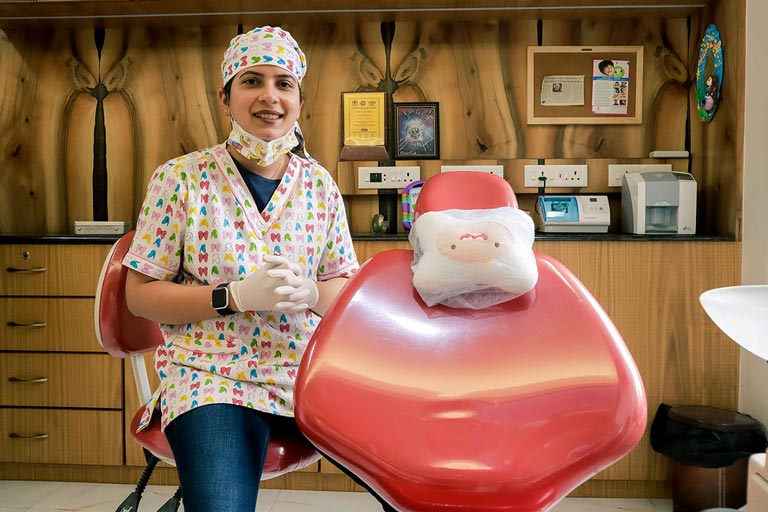
Virtual Video Consultation Fees Rs. 500
The Consultation Fees Must Be Paid Online by GOOGLE PAY BEFORE YOUR APPOINTMENT. See The Instructions On Appointment Confirmations
Your virtual video consultation includes:
- Discussion of problems that your child is facing like tooth pain, swelling or any other emergencies
- Dr. Pratibha will recommend a course of treatment or medications for your child.
Meet the Doctor
Pediatric and Preventive Dentistry Specialist
Dr. Pratibha is the Chief Dentist at Pandit Clinic. She is also a Consultant Pediatric Dentist at Kotbagi Hospital and KEM Hospital, Pune.
Dr. Pratibha has trained at the prestigious Chang Gung Memorial Hospital, Taiwan, in advanced areas including Pediatric dental treatment under General Anesthesia and Intravenous sedation, Dental Rehabilitation of children with special health care needs, and Nasoalveolar molding and dental rehabilitation of cleft lip and cleft palate.
She’s the lifetime member of Student Clinician Association, American Dental Association (SCADA), USA.
Professional Affiliations and Skills
- Trained in Pediatric dental treatment under General Anesthesia and Intravenous sedation at Chang Gung Memorial Hospital, Taiwan
- Trained in Dental Rehabilitation of children with special health care needs at CGMH, Taiwan
- Trained in Nasoalveolar molding and dental rehabilitation of Cleft lip and Cleft Palate at craniofacial centre, CGMH, Taiwan
- Awarded Lifetime membership, SCADA (Student Clinician Association, American Dental Association), USA.
You Might Be Interested In
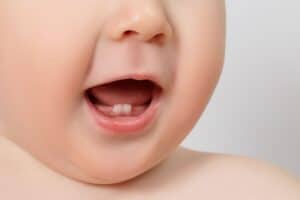
Baby Teething: Signs Of Teething And How To Care For Baby Teeth
Teething can be a challenging time for both babies and parents, but with patience and understanding it can be manageable. In this blog, we’ll discuss

Dental Care For Children With Clefts
As parents, ensuring the well-being of our children is our utmost priority. However, when a child is born with a cleft lip or palate, additional



